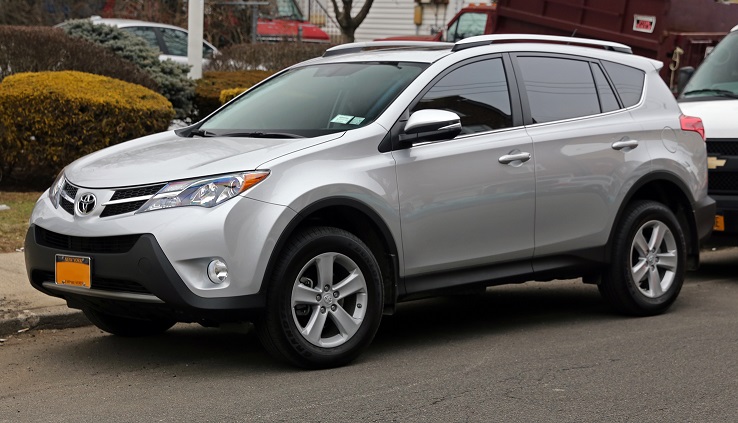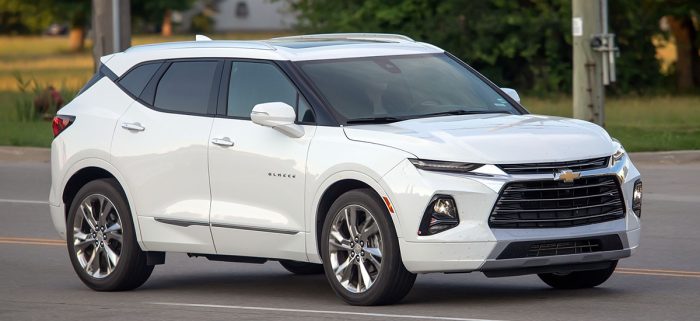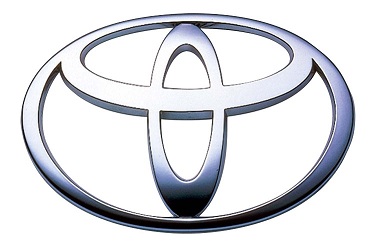Now Reading: Toyota sees July vehicle output down 10% as per original plan
-
01
Toyota sees July vehicle output down 10% as per original plan
Toyota sees July vehicle output down 10% as per original plan

Toyota Motor stated on Monday it would make 10% fewer vehicles in July than what they had initially planned, as it gradually restarts output after factory closures earlier this year because of the coronavirus crisis.
The automaker stated it planned to make 71,000 fewer vehicles worldwide in July than its original goal of about 700,000. While production has yet to get back to normal, the July reduction is smaller than the 20% output cut for June.
“We expect the recovery trend to continue in August,” a spokesman stated.
Global automakers are attempting to get their plants back up and running after many were closed previously this year to reduce the spread of the virus.
For the April-July period, Toyota expects a worldwide production decline of 30% from its initial plans, made before the virus outbreak, and a decline in demand for vehicles.
The automaker produced almost 3.7 million vehicles during the same period in 2019.
At home, the automaker plans to make 39,000 fewer vehicles in July, or 10% less than originally planned.
Toyota will halt its efforts in making its Coaster minibus model for six days, while lines producing the Land Cruiser and Prado SUV models, and the Porte subcompact, will be halted for two days. These adjustments will affect six production lines at three of the plants.
Second shifts at some of these plants will remain canceled, probably until September. Overall, Toyota operates 28 production lines at 15 vehicle plants in Japan.
Toyota will also cancel some Saturday shifts in July on four lines that produce models including its well-known RAV4 SUV crossover model and the Prius gasoline hybrid, many of which are exported to other countries.
Stay Informed With the Latest & Most Important News
Previous Post
Next Post
-
 01The Financial Benefits of Corporate Fuel Cards for Fleet Management
01The Financial Benefits of Corporate Fuel Cards for Fleet Management -
 022026 Toyota Hilux EV: A Powerful Truck with Silent Torque
022026 Toyota Hilux EV: A Powerful Truck with Silent Torque -
 03What Are the Most Reliable Jaguar F‑Pace Parts to Maintain SUV Safety and Comfort?
03What Are the Most Reliable Jaguar F‑Pace Parts to Maintain SUV Safety and Comfort? -
![2027 Mercedes-Benz S-Class Debuts with V8 Engine [Photo Gallery]](https://speedlux.com/wp-content/uploads/2026/01/2027-Mercedes-Benz-S-Class-33-155x125.jpg) 042027 Mercedes-Benz S-Class Debuts with V8 Engine [Photo Gallery]
042027 Mercedes-Benz S-Class Debuts with V8 Engine [Photo Gallery] -
 05What Is the Cheapest Ford Truck? A Guide to Affordable Ford Pickup Options
05What Is the Cheapest Ford Truck? A Guide to Affordable Ford Pickup Options -
 06Why Pilot House Boats Are a Smart Investment for Year-Round Boating
06Why Pilot House Boats Are a Smart Investment for Year-Round Boating -
 07Performance Toyota Hilux Clutch Kits: Are They Worth the Investment?
07Performance Toyota Hilux Clutch Kits: Are They Worth the Investment?

![2027 Mercedes-Benz S-Class Debuts with V8 Engine [Photo Gallery]](https://speedlux.com/wp-content/uploads/2026/01/2027-Mercedes-Benz-S-Class-33-700x394.jpg)













































